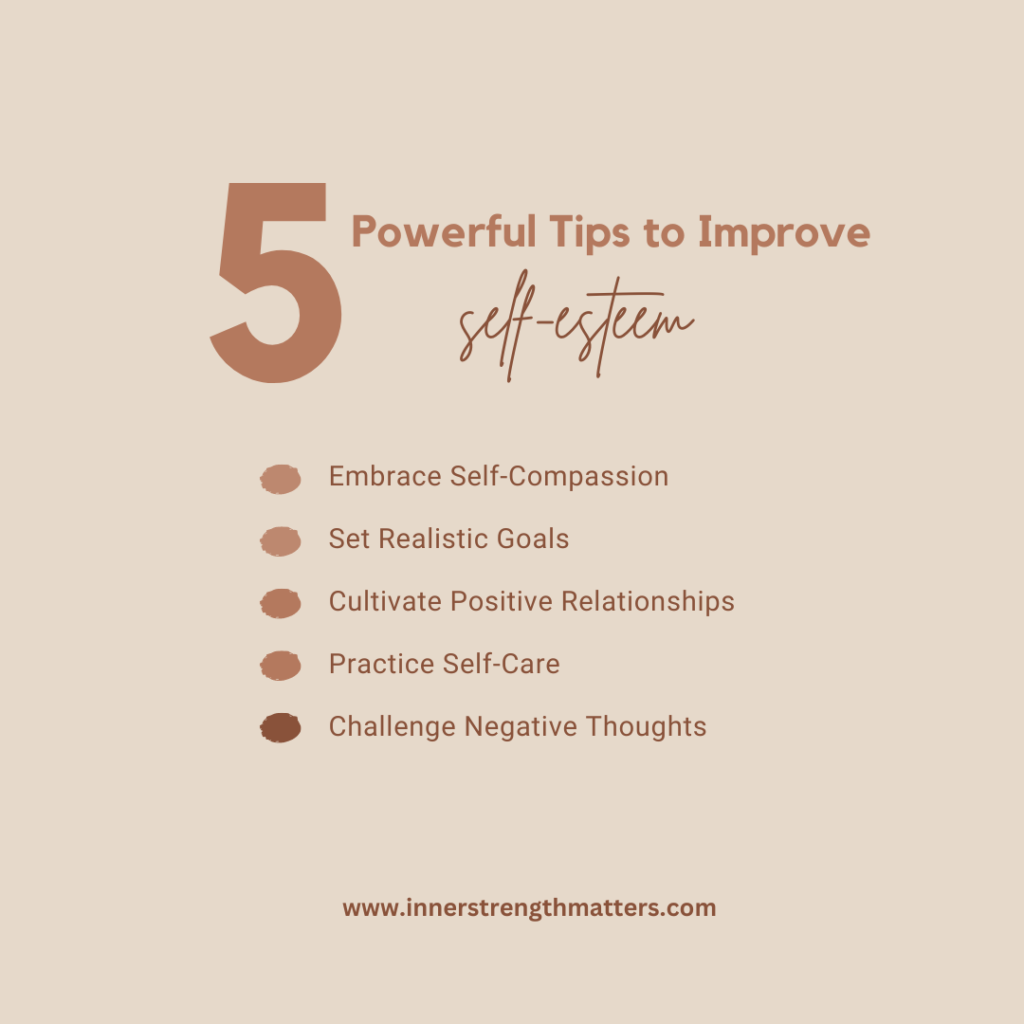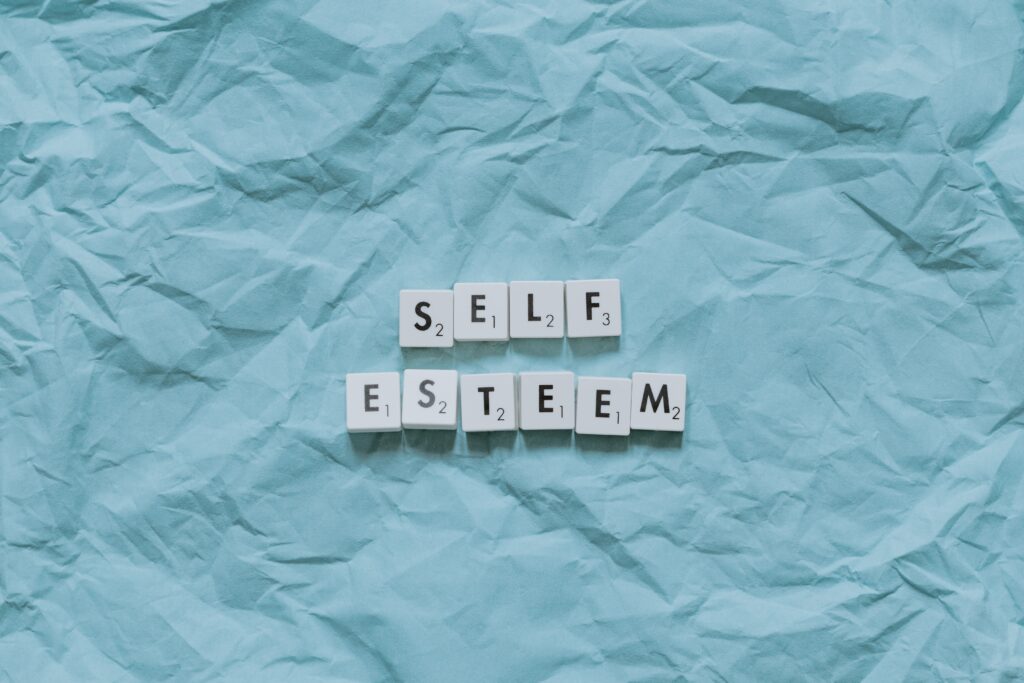In a world that often emphasizes external validation, maintaining a healthy level of self-esteem is crucial for overall well-being. Self-esteem influences how we perceive ourselves and how we navigate life’s challenges. Improve self-esteem by changing your daily routine.
Impact of self-esteem on our mental health:
Our self-esteem plays a profound role in shaping our mental health. It acts as a lens through which we perceive and interpret the world, influencing our thoughts, feelings, and behaviors. The impact of self-esteem on mental health is multi-faceted, and healthy self-esteem is often associated with positive mental well-being. Self-esteem and mental health are intricately connected. Nurturing positive self-esteem is crucial for building resilience, fostering positive relationships, and promoting overall mental well-being. Recognizing the impact of self-esteem on mental health underscores the importance of cultivating a healthy self-image and practicing self-compassion.
Ways to improve your self-esteem:
If you’re looking to improve your self-esteem, consider these five effective tips that can empower you to build a more positive self-image.

Embrace Self-Compassion:
One of the cornerstones of a robust self-esteem foundation is self-compassion. Treat yourself with the same kindness and understanding that you would offer to a friend facing difficulties. Acknowledge that everyone makes mistakes, and these missteps don’t define your worth. Replace self-critical thoughts with self-compassionate ones, fostering a nurturing and supportive inner dialogue.
Write down three self-critical thoughts you commonly have and reframe them with compassionate alternatives. For instance, “I always mess up” could become “I’m learning and growing from my experiences.”
Set Realistic Goals:
Setting and achieving realistic goals is a powerful way to boost self-esteem. Break down larger goals into smaller, more manageable steps. Celebrate your achievements, no matter how small, to build a sense of accomplishment. This not only enhances your self-esteem but also motivates you to tackle more significant challenges.
Identify a long-term goal you want to achieve. Then, break it down into smaller, achievable tasks. Celebrate each milestone, and reflect on your progress regularly.
Cultivate Positive Relationships:
Surrounding yourself with supportive and positive individuals can significantly impact your self-esteem. Build connections with people who uplift and encourage you. Distance yourself from toxic relationships that undermine your self-worth. Healthy connections foster a sense of belonging and acceptance, creating a positive environment for personal growth.
Take inventory of your current relationships. Identify those that contribute positively to your life and consider spending more time with those individuals. Communicate openly and assertively to address any concerns in less supportive relationships.
Practice Self-Care:
Self-care is not a luxury but a necessity for maintaining healthy self-esteem. Attend to your physical, emotional, and mental well-being regularly. Incorporate activities that bring you joy and relaxation into your routine, whether it’s exercising, reading, or spending time in nature. Prioritize self-care to recharge and build resilience against life’s stressors.
Create a self-care routine that includes activities you genuinely enjoy. Schedule dedicated time for self-care in your calendar and treat it as non-negotiable.
Challenge Negative Thoughts:
Identify and challenge negative thought patterns that contribute to low self-esteem. Replace self-limiting beliefs with positive affirmations and evidence-based perspectives. Understand that your thoughts are not facts and that you have the power to reshape them. Cognitive restructuring can be a powerful tool in building a more positive self-perception.
Keep a thought journal for a week, noting instances of negative self-talk. Challenge each negative thought by asking yourself for evidence supporting or contradicting it. Replace negative thoughts with more balanced and realistic perspectives.
Conclusion:
Improving self-esteem is a journey that requires patience and consistent effort. By embracing self-compassion, setting realistic goals, cultivating positive relationships, practicing self-care, and challenging negative thoughts, you can foster a more positive and resilient self-image. Remember, building self-esteem is a lifelong process, and each step you take contributes to a stronger, more confident you.

